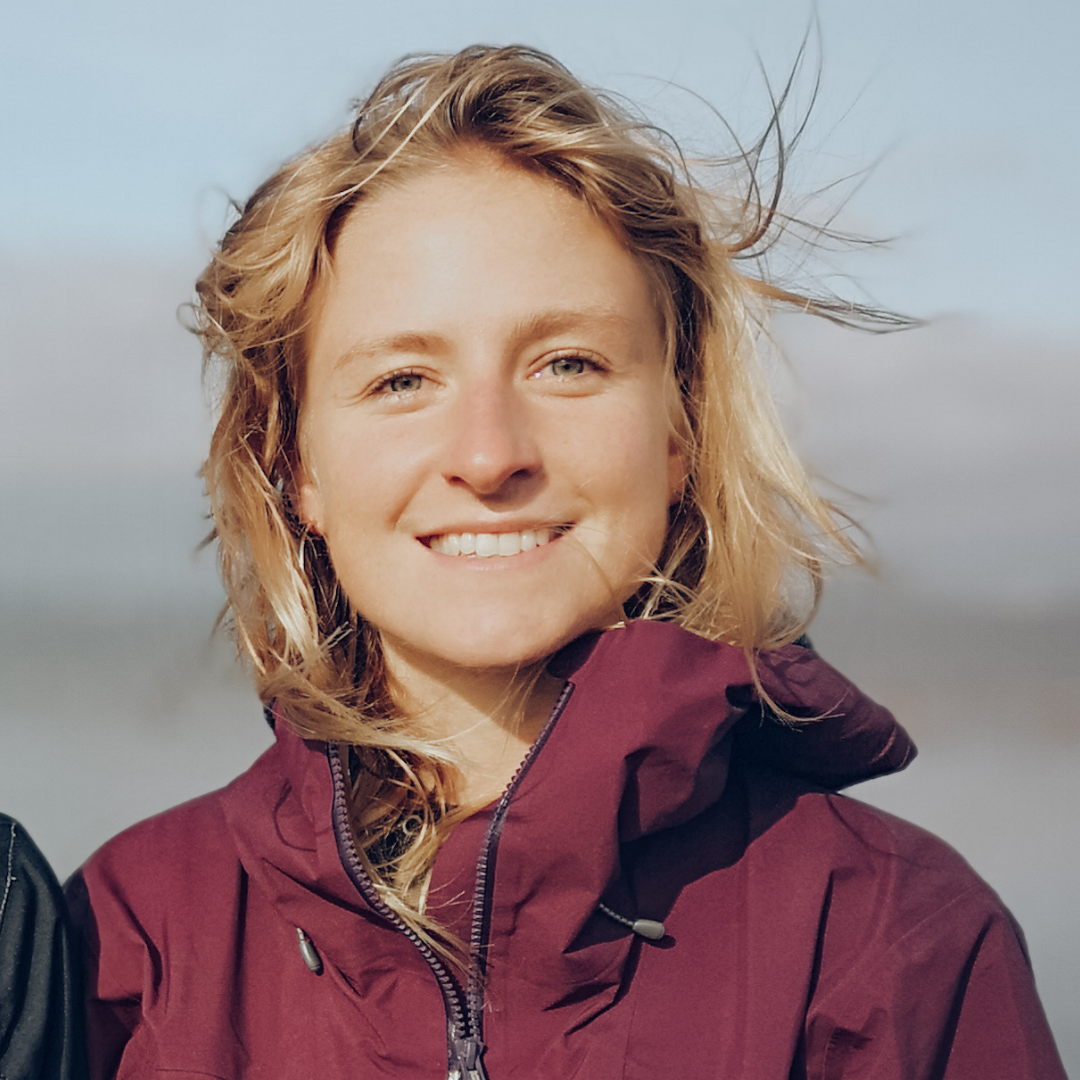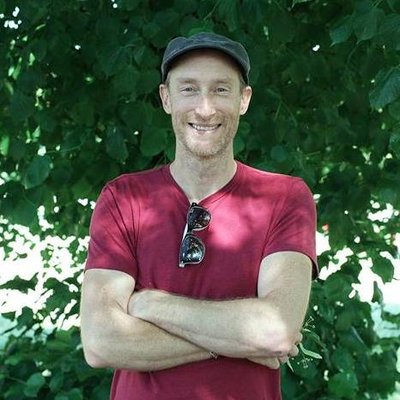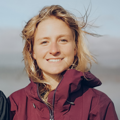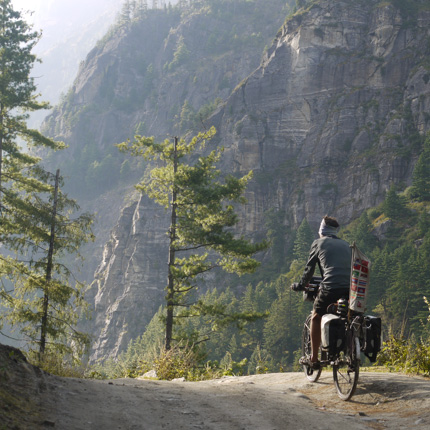Rosie: John, is foraging adventure?
John: Oh that’s interesting! It’s a sort of micro-adventure, isn’t it? Not all adventures have to be enormous.
The adventure comes from reframing somewhere you're very familiar with. I like to use the term ‘green vision’, which means going into an urban environment or your back garden and just looking at it in a way you’ve never looked at it before.
Foraging is about looking at things in new ways. It's an adventure but it doesn’t have to be adventurous.
Rosie: What do you love most about foraging?
John: It's the diversity that I love. Foraging isn't one thing. The act of foraging is the act of hunting for food or provisions, it’s just an umbrella term really. Foraging links to self-sufficiency, cookery, herbal medicine, nutrition, wellbeing, mindfulness ... there are so many aspects to it. So whoever you are you can benefit from foraging. That diversity is what I love.
Rosie: What can we look for right now?
John: Well, it depends where you are. Generally speaking there are a few plants that have a north/south divide. But you can look for a variety of spring plants all over the country. The poster boy of the foraging world - wild garlic - is wonderful and plentiful and tasty. You could look for St George’s mushrooms, which are due to be coming out soon. I'd then be looking for spring salad plants which are still good now, like cow parsley and curled dock. There are also great blossoms, like magnolia, which is delicious and tastes like ginger and chicory. Lots of the cherry, plum and pear blossoms are also springing up, and are great for making syrups.
Rosie: What about on the coast?
John: The UK has 19,000 miles of coastline and 700 - 800 species of seaweed, and an awful lot of them are edible. These include kelp, dulse, sea lettuce, carragheen and pepper dulse, which tastes spicy and a bit like truffle.
I bring them home and dry them out, rehydrate them and serve them in a salad with cucumber, sesame seeds and brown rice vinegar. Check this recent recipe using foraged sea spaghetti. If you're foraging for seaweed, you really need to look at water quality. Avoid runoff areas and check on websites Safer Seas and the Environment Agency.














